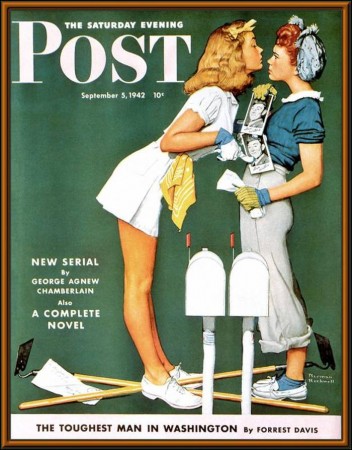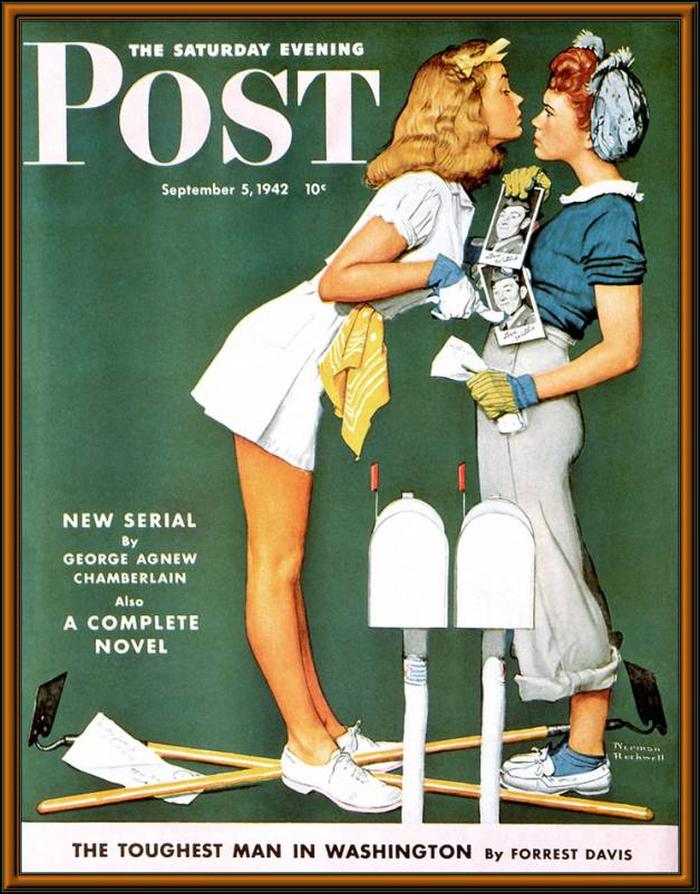Until 1950 the term teenagers had never before been coined. The word “teenage” had first appeared in the popular press in the 1920s, but the idea that there was a time of life between childhood and adulthood that could be isolated, and that had its own peculiar characteristics, belongs largely to the 1950s. Children were known as girls and boys were known as youths once they displayed signs of puberty. Then young people were grown up at 18 and fully adult legally at 21 when they often married and set up a home of their own, even if it was a rented room.
The long-established belief had been that people remained children until they suddenly became adults; this conviction lost its hold partly because of social changes, partly as a result of the flourishing postwar consumer economy.
What has been called the “self-conscious subculture” of the young developed during the 1920s and 1930s as a largely urban white middle-class response to the increasing leisure opportunities afforded by changing social attitudes. After World War II the extra years spent in education both broadened the base of the group and gave it a clearer sense of identity. The economy started booming and families experienced a great deal of economic power freedom and independence, including teenagers.
At the same time, teenagers in work (many of them working-class) found that increases in spending power and in leisure time enabled them to move to a position where they could both assert their independenee and be courted by leading representatives of entrepreneurial America. Ironically, while teenagers were more open than ever before to market influences, they were frequently hostile to the adult culture of which the market was a part.
Teenagers were also becoming more independent in the type of music they preferred to listen to, no more listening to what their parents liked, teens flocked to the new music of the decade, which was rock and roll. Even though teens were able to purchase rock and roll records because they were receiving extra spending money, their parents were opposed to rock and roll music, they despised it, and thought of it as corrupting their children.
Related Links
Continue Reading at Popular Culture
View More Popular Culture Articles
Views: 370





